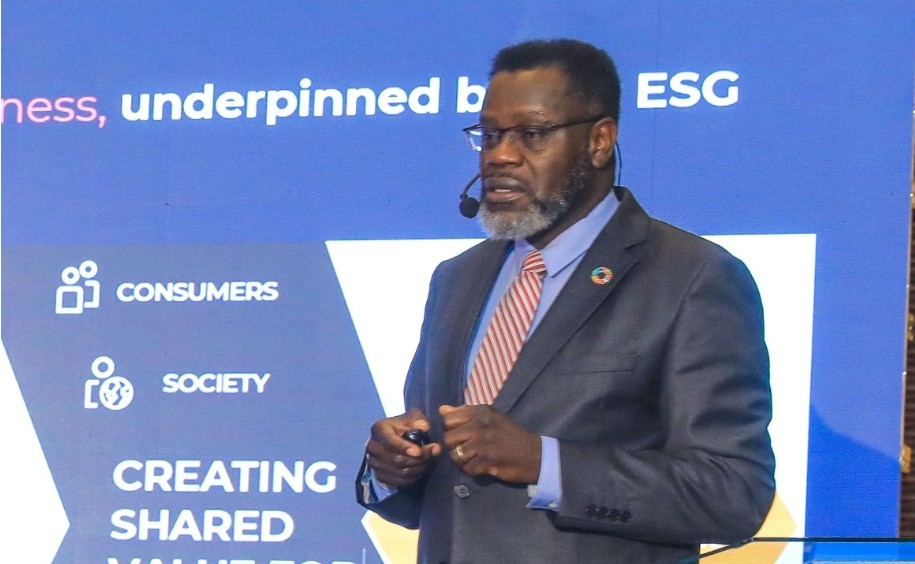I believe that being a student in Kenya has never been more challenging than it is now. The Kenyan education system is inadequately conditioned, and this is just a reflection of a broader issue that is within our country’s economic and social organisation.
Consequently, I am not optimistic that the reformation of education through the competency-based curriculum will bring any substantial change, as its purpose regarding Kenyan students has yet to be defined.
Meaningful change I believe must start with a deep understanding of our country’s history, something that has often been publicly criticised by our leaders.
The Kenyan school system was never designed to benefit Africans. Instead, it was created to serve a colonial agenda – softening African resistance and eliminating obstacles to British administration.
African education, primarily managed by missionaries, was restricted to basic levels and concentrated on manual and vocational training. This approach ensured a continuous supply of labour for the colonial economy.
This foundational purpose resulted in a flawed education system that was never intended to comprehensively benefit Africans. Even after independence, it continued to be seen primarily only as a route to securing government jobs, a legacy inherited from the colonial administration.
The practice of cramming to pass examinations originated from the colonial need to select a limited number of individuals for economic participation, excluding the rest. This led to an intense and desperate focus on exam performance among parents, teachers and students.
It is for this reason that I believe that the Kenyan education system continues to lack broader objectives for truly investing in learners. The system is anti-intellectual since it conditions students instead of teaching them how to interpret reality.
It seems that this mindset has permeated every sector, including governance, workplaces and policy formulation and implementation. CBC is going to prove futile if there is no fundamental shift in the purpose of education itself.
Kenyans must teach themselves to debunk the myth that education is solely for jobs and employment. The limitation of the pursuit of knowledge to immediate problem-solving is what has restricted our ability to tackle new challenges as we evolve as a society and an economy.
We must ask ourselves how far we should go in the pursuit of money and whether it should come at the expense of creativity, innovation and overall well-being.
The good news is that we, the young people, are questioning the status quo and are actively seeking to understand and challenge this unsound system.
However, it is still a struggle to find satisfactory answers because our predecessors seem content with how things are run, and are showing little inclination towards facilitating any meaningful change.
This generational disconnect is the reason why many of us are in precarious positions. It is difficult to navigate the economy where the traditional guarantees of success, such as obtaining a good education, no longer hold.
The education system which was once seen as a reliable pathway to stable employment and upward mobility, is seemingly failing to deliver on these promises.
This is why there are so many overeducated and underemployed young people. They are released to a saturated job market unprepared to deal with the problems they face. As a result, many struggle to find success and stability in an unaccommodating economy.
What is particularly disheartening is that our leaders are fully aware of these issues. They also continue to prey on the desperate needs of the youth under the guise of the political promise of job creation.
They exploit that desire for opportunities and stability by promising an unrealistic number of jobs—numbers that have never been realised and likely never will be.
Ultimately, Kenyans will need to recognise the facade of functionality presented to them. We will all need a paradigm shift in the way we think to break away from this system that only at best pretends to function. Otherwise, we will crush under it as it is designed to perpetuate further.
Governance and sociopolitical affairs writer













